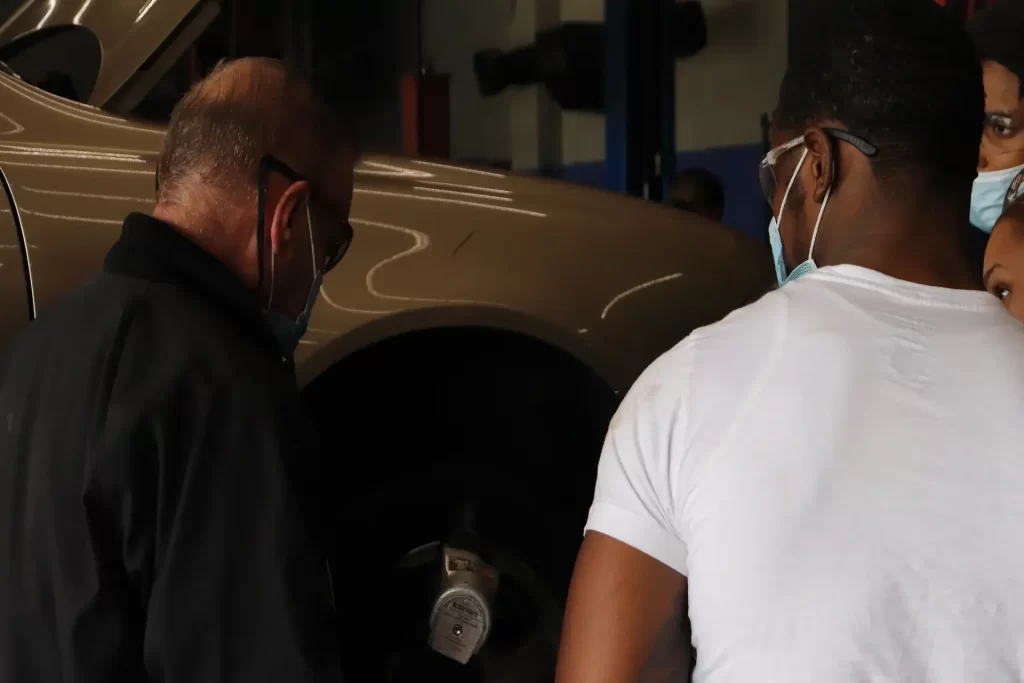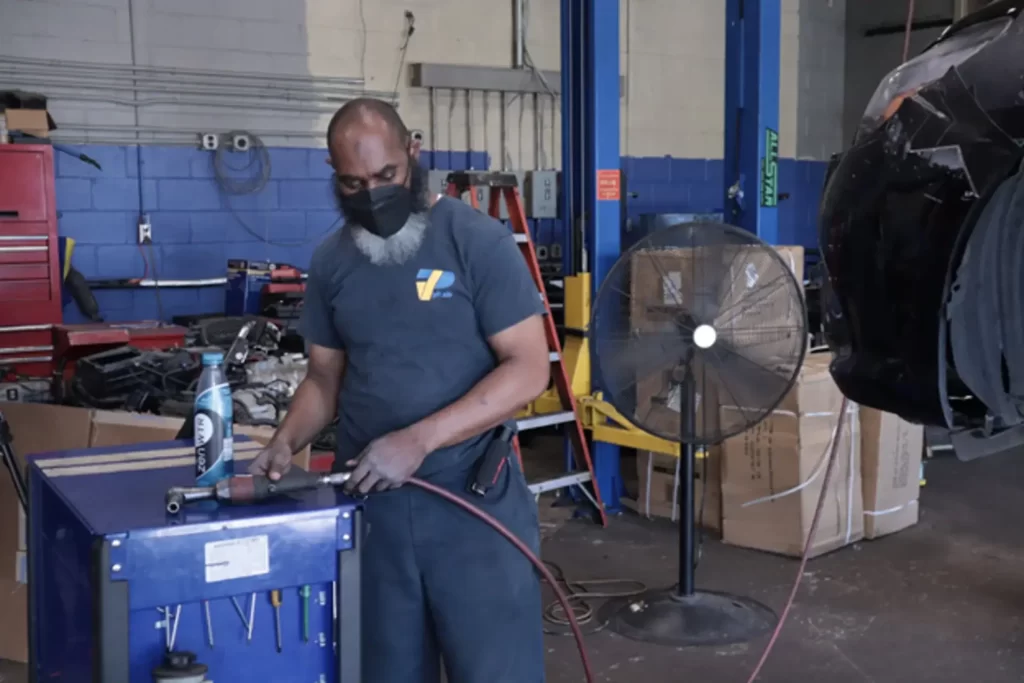HVAC technician training is critical in maintaining comfortable indoor environments. They ensure that temperatures remain within a desirable range and indoor air quality is maintained at safe levels. HVAC systems are ubiquitous, and their proper functioning is essential for ensuring occupants’ health and well-being. While complex machinery requires regular maintenance and upkeep, HVAC technician training comes in.
HVAC technicians training must focus on various HVAC setup, how they work together, and how to troubleshoot when they malfunction. If not installed, maintained, and repaired, HVAC setup poses safety hazards. In addition, proper training and continuing education help HVAC technicians keep up with the latest safety regulations, industry trends, and technological advancements.
This article will explore the importance of ongoing HVAC programs in ensuring safety and efficiency in HVAC systems. We will discuss the various aspects of HVAC setup, the benefits of continuing training, and the different types of training available to HVAC technicians.
Before we delve into the importance of the HVAC course, let’s first understand the various components of HVAC setup. HVAC systems comprise several components that regulate indoor temperatures, humidity levels, and air quality. The primary components of HVAC systems include:
These units remove heat and humidity from indoor air and replace it with cool, dry air.
HVAC classes teach apprentices to work with furnaces. These units heat the indoor air and distribute it throughout the building.
Depending on the season, these units can both heat and have excellent indoor air.
The network of ducts and pipes distributes heated or cooled air throughout the building.
These devices monitor and control the temperature of indoor air.
These devices remove dust, pollen, and other airborne pollutants from indoor air.
Ventilation Systems: These systems remove and replace stale indoor air with fresh outdoor air.
HVAC techs in HVAC classes must deeply understand these components, how they work together, and how to maintain and repair them when they malfunction.

After understanding the components of HVAC setup, let’s explore the importance of ongoing HVAC technician training in ensuring safety and efficiency in these systems. There are several reasons why ongoing HVAC technician training is crucial, including:
HVAC setup can pose significant safety hazards if not installed, maintained, and repaired correctly. Proper training and education help HVAC technicians stay updated with the latest safety regulations and standards, ensuring they can carry out their work safely and effectively.

HVAC setup needs to be adequately maintained and serviced to become efficient and consume more energy than necessary. Proper training and education can help HVAC technicians identify areas where efficiency can be improved, such as upgrading equipment or adjusting settings.
HVAC setup is critical in maintaining indoor air quality. Proper HVAC course can help HVAC technicians identify potential sources of indoor air pollution or poorly maintained ventilation systems and take steps to rectify these issues.
HVAC systems that are well-maintained and serviced can last much longer than neglected ones. Proper training and education can help HVAC technicians identify potential issues before they become more significant problems, extending the lifespan of HVAC equipment.
In conclusion, education at an HVAC training school is essential for ensuring safety, improving efficiency, staying current with industry standards, and enhancing customer satisfaction. In addition, as the HVAC industry continues to evolve, technicians who invest in ongoing training are better equipped to provide quality service and remain competitive in the market.
Read More: